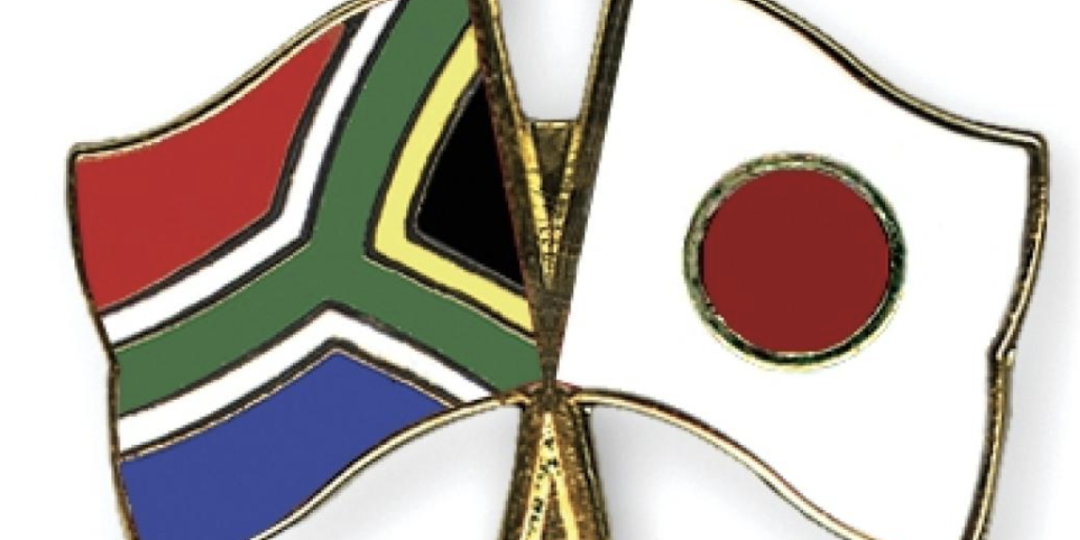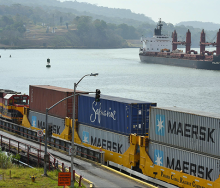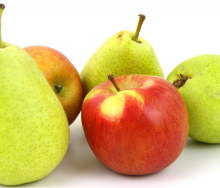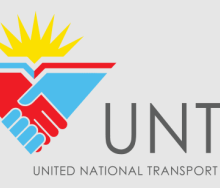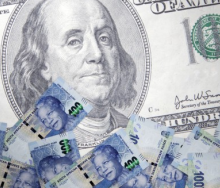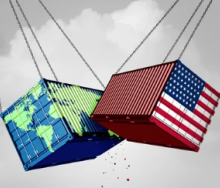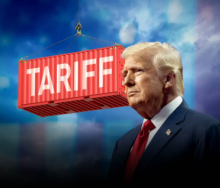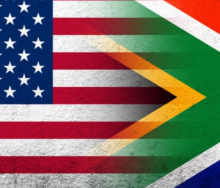Globalisation and integration are facing increasing challenges as a wave of nationalism, protectionism and increased talk of punitive tariffs sweep across international regions.
This is the observation of Standard Bank specialists, head of Bank, Developed Markets, Middle East & Africa, Jessica Gadimang, and executive vice president and head of Japanese Corporates Carl Henriksen.
Gadimang and Henriksen said in a trade update on Monday that recent global developments had largely been precipitated by the natural reaction to a perceived or real threat to traditional industries as technological advances created newer industries.
“The human reaction is to close ranks under such threat, to close shop and turn inward to protect what we deem sacrosanct to our national identities and economies,” Gadimang and Henriksen said.
“South Africa, for its part, has managed to create a fine balance between protecting domestic labour while maintaining an international interface. South Africa is ranked 36 out of 138 countries that export goods and 40 of 138 countries that import goods. We remain a member in good standing at the International Labour Organisation and have some of the most internationally progressive labour law.”
According to the specialists, the balance between national imperatives and a global outlook has allowed for the growth and expansion of bilateral and multilateral relationships.
Among these is the country’s important relationship with powerful Asian allies such as Japan. Having originally established formal diplomatic ties with Japan in 1910, the ties were re-established in January 1992.
“Japan is South Africa’s fourth-biggest export market, with exports of over $8 billion. The extent and depth of the relationship is therefore steeped in deep-seated respect,” they said.
“We also import goods from the Asian juggernaut that are valued at over $2.6bn. Bilaterally, we have strong and deep diplomatic relations, particularly in the fields of trade and investment, science and technology, education, and skills development.”
According to the department of international relations and cooperation, Japan is the fourth-largest economy in the world, when measured in nominal gross domestic product.
Total bilateral trade in 2023 was R155.7bn (with South Africa recording a trade balance of R55.8bn). More than 13 000 Japanese tourists visited South Africa in 2023, according to Stats SA. The country also has 278 companies that operate in South Africa.
Relations between the two countries were upgraded in 2010 to a Strategic Cooperation Partnership, and 2025 will mark 115 years of relations between South Africa and Japan.
Gadimang and Henriksen said the bank had developed a strong partnership with Japan’s third-largest banking group, Mizuho Bank Ltd (MHBK), after signing a cooperation memorandum of understanding (MoU) in 2012 followed by additional MoU addendums in 2016, 2019 and 2022.
“As the biggest bank in Africa, we have long held a global outlook, and through our partnership with MHBK we have been fortunate to partner with a broad base of Japanese corporates, financial and non-bank financial institutions, and a myriad of trade and development finance institutions,” they said.
“This collaboration also allowed us to jointly execute significant funding transactions, whether through bilateral agreements and/or loan syndications.”
This year marks 31 years since the inception of the Tokyo International Conference on African Development (Ticad) in 1993 and eleven years since the African Union adopted its flagship Agenda 2063, on which the Tunis Declaration placed distinct emphasis.
Japan will host the ninth Ticad in Yokohama in August 2025
